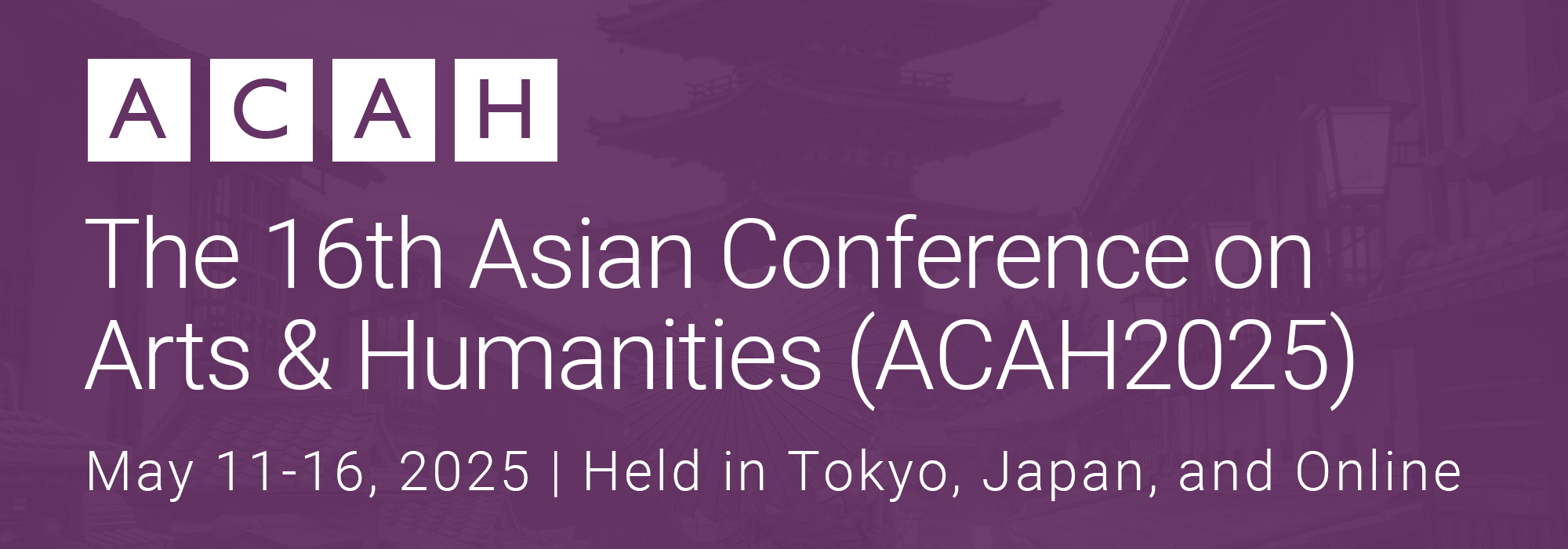Bakuto in the Gekka Jiken of the Freedom and People’s Rights Movement (78945)
Session Chair: Yusuke Ishikawa
Saturday, 25 May 2024 09:55
Session: Session 1
Room: Room 603
Presentation Type: Oral Presentation
This paper examines the debates over, and roles of, gambler-outlaws (bakuto) in the seven "violent incidents", or gekka jiken, between 1882 and 1884 associated with the Liberty and People’s Rights Movement in Japan. Four of the incidents – in Nagoya, Iida, and two in Gunma – have received little attention in the English language literature, with the exception of Siniawer (2011) who covers three. The debate regards the varying occupations and motivations of leaders of the incidents, their immediate followers, and their demands. Some likened the largest of these incidents, the Chichibu rebellion, to a "bourgeois revolution" (Azami 1975, Ebukuro 1950, Inoue 1968, Irokawa 1969, 1981, 1984, 1985 Nakazawa, 1954, 1991), while others portrayed it as the last peasant millenarian uprising and breakdown of the "moral economy", with modern influences (see Bix 1986, Moriyama 1981, 1984, Scheiner 1974, Yasumaru 1984), while some downplayed or rejected the roles that gambler-outlaws (bakuto) played in Chichibu and other gekka jiken (see Chishima 1983, Hasegawa 1995, Inada 1973, Iwane 1979, Shimizu 1978, Sinawer 2011, Yasumaru 1995). This paper examines the controversies, differences between rural bakuto and professional urban bakuto, and considers evidence of bakuto collusion in several of these events that has not been raised in English language treatments.
Authors:
Elson Boles, Saginaw Valley State University, United States
About the Presenter(s)
Dr. Boles is a professor of historical sociology and world-systems analysis at Saginaw Valley State University. He earned his PhD at Binghamton University, 1998, and lived and, or researched in Japan a total of 6.5 years.
See this presentation on the full schedule – Saturday Schedule





Comments
Powered by WP LinkPress